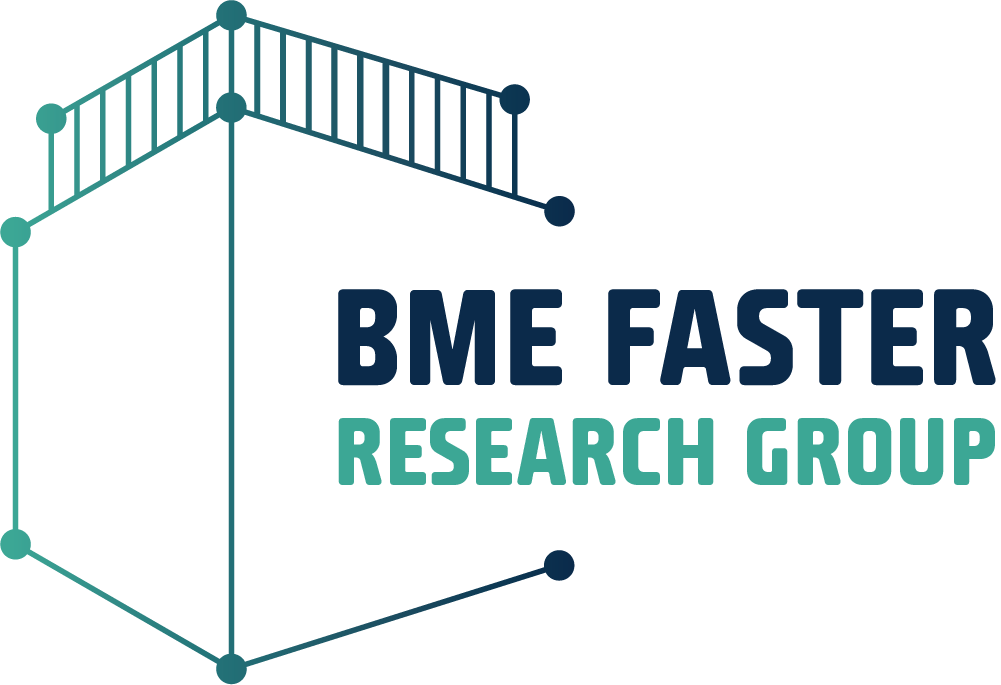
Research
Budapest University of Technology and Economics
Faculty of Electrical Engineering and Informatics

BME FASTER Research group
Electricity • Electricity markets • Infrastructure-planning • Power grids • Power system operations and control • Power systems

A kutatócsoport tagjai:

Hartmann Bálint
research associate

Vokony István
associate professor

Sőrés Péter Márk
assistant lecturer

Németh Bálint
associate professor

Táczi István
assistant lecturer

Kiss József
assistant research fellow

Bereczki Bence
PhD student

Juhász Kristóf Péter
PhD student

Molnár Boglárka
PhD student

Ludmann Levente
PhD student

Ahmed Noman
PhD student
EXPERTISE POWERING THE FUTURE
The goal of the BME FASTER Research Group is to show a new direction in the reconstruction of the electricity network created after World War II, developing innovative scientific methodologies and procedures, which provide useful assistance to the profession and industry not only from a theoretical point of view, but also from an application support point of view. Using nearly 20 years of experience, the research group strives to model electricity networks with different voltage levels in stationary and dynamic time domains, in multiple modeling environments, with the goal of increasing stability and reliability.- We shape the future of power grids through science-based insights and practical solutions – for stable, reliable, and sustainable operation.
- By developing innovative methods, we contribute to the renewal of power grids, offering both theoretical and practical support to professionals and the industry.
- We are one of Hungary’s leading research teams in the field of electric power systems – delivering scientific excellence, practical solutions, and business reliability in a strategically vital domain that affects everyone.







